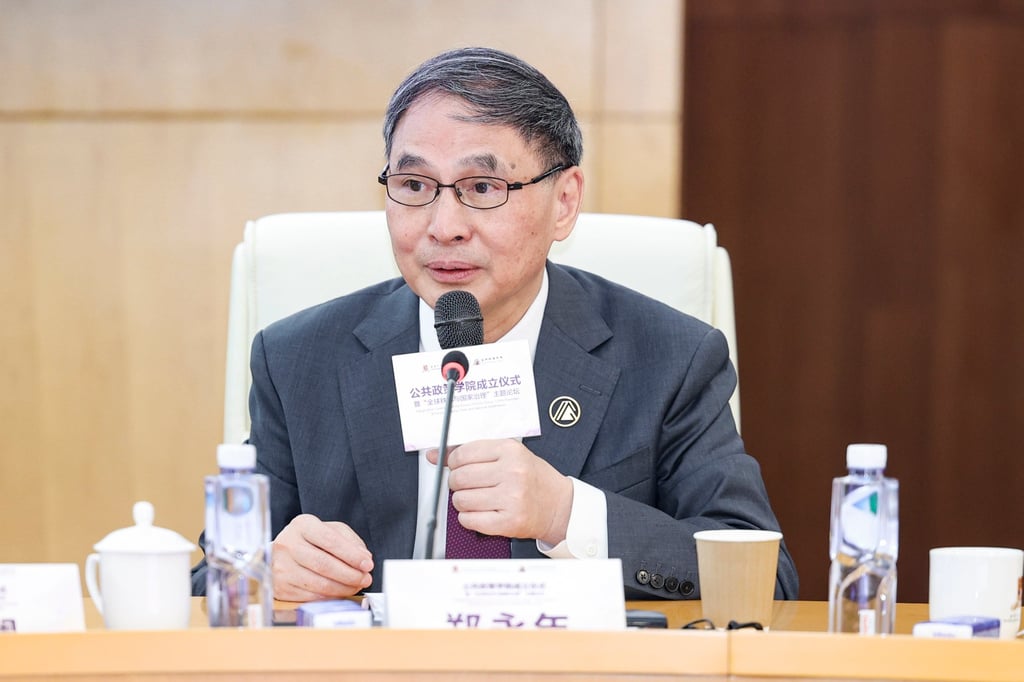Professor Zheng Yongnian, a political economist with the Chinese University of Hong Kong, Shenzhen, who is also a Beijing policy adviser, said that to better explain Chinese practices to the world and anticipate the country’s future, such organisations should be based on an “indigenous knowledge system”.

Chinese think tanks, Zheng said, focused more on practicality compared with the research and analysis conducted in universities. “Some universities’ ‘academism’ in social science research is still stuck in Western textbooks. Their policy analysis also tends to be more of a post-analysis function,” he said.
“Think tanks, on the other hand, focus more on public policies in Chinese practice from the perspective of empirical research, exploring their formation, evolution and future development direction, as well as how decisions are made, implemented and supervised by the government and provide feedback,” Zheng told the newspaper.
“Only by truly building an indigenous knowledge system based on China’s practical experience and realising ‘self-centredness’ can we truly explain China’s practices and predict China’s future,” he added.


